The benefits of exfoliation are well-known. From dermatologists to beauty bloggers, everyone raves about it. Adding exfoliation to your skincare routine will not only help to keep your complexion bright and smooth, but it will also prevent the appearance of fine lines, wrinkles, discoloration, and more, keeping your skin looking and feeling healthy.
So, what’s not to like?
Over-exfoliation. This is one of the most common skincare mistakes that people make, and it can have devastating effects on your complexion. Read on as Lavelier explains what over-exfoliation is, how to tell if you’re doing it, and, most importantly, how to put things right.
What is Over-Exfoliation?
Over-exfoliation is when you do one of the following:
- Exfoliate too much
- Exfoliate too often
- Use an exfoliator that’s too harsh for your skin
Whichever route you take, the end result is the same. Over-exfoliation strips away the skin’s protective barrier – its natural defense against the environment. This can then trigger a wide range of concerns, including:
- Redness and inflammation
- An itching, stinging, or burning sensation in the skin
- Irritation and sensitivities
- Excessive dryness and flakiness
- Acne breakouts, with small pimples being particularly prevalent
- An uneven skin texture
As you can see, the symptoms of over-exfoliation are vast. This can make it difficult to pinpoint over-exfoliation as the source of your skin concerns. After all, many other factors can cause these issues too. However, if you suspect your exfoliating habits to be at fault, keep reading to find out whether or not you’ve been exfoliating in the correct way…
Getting Exfoliation Right
If you’ve been making the mistake of over-exfoliating your skin, here’s how you should be exfoliating for maximum benefits with none of the downsides:
Choose a Good Exfoliator
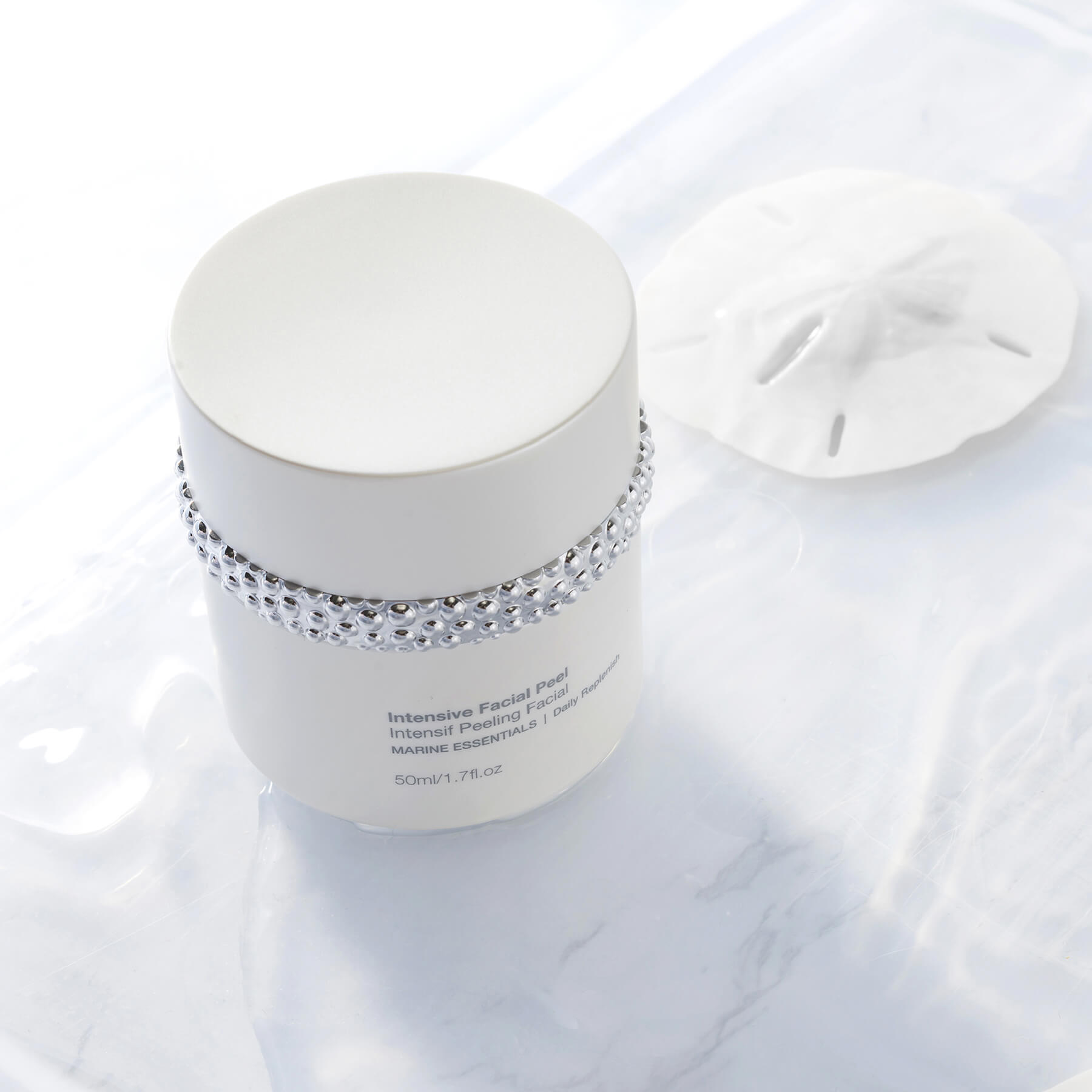
Let’s start by making sure that you’re using an exfoliator that’s suitable for your skin.
Exfoliants fall under one of two categories:
- Chemical exfoliants – this is when a hydroxy acid is used to dissolve the bonds that keep dead skin cells clinging to the skin’s surface, allowing them to fall away
- Mechanical exfoliants – these make use of abrasion to physically dislodge dead skin cells, removing them from the skin’s surface
Both have their pros and cons. Mechanical exfoliants are easy to use and readily available, but many abrasive ingredients can be too harsh. This causes micro-tears in the skin, leading to the symptoms of over-exfoliation.
Meanwhile, chemical exfoliants can actually be much gentler, but this depends on the acid that you use. Some may be too potent for your skin, once again leading to the symptoms of over-exfoliation.
One way to get around those problems so that you can experience the best of both worlds is by using an exfoliator that combines chemical and mechanical exfoliants, one that blends gentle ingredients from each category.
Products like these aren’t easy to find, which is why we created the Lavelier Intensive Facial Peel. The chemical exfoliant in this formula is mandelic acid. It has a larger molecular size than other hydroxy acids, making it the gentlest of the lot. Meanwhile, mechanical exfoliation is provided by bamboo powder. It’s much softer and smaller than other abrasives, such as salt or sugar. This means that it’s much milder on the skin. This exfoliator is suitable for all skin types, making it ideal if you know that your current exfoliator is over-exfoliating your skin but you’re not sure where to turn.
Know How Often to Exfoliate
Even if you’re using an extremely gentle exfoliator, using this too often will still lead to over-exfoliation. Your older skin cells need time to actually die off before they’re exfoliated away. Exfoliating too often prevents this from happening, meaning that you’re removing your skin cells before they’re ready to leave.
How often you should be exfoliating largely depends on your skin type. Those with oily skin will need to exfoliate more often than those with dry skin, simply because their skin produces significantly more sebum that can end up clogging pores.
Here are some general guidelines to follow when it comes to determining how often you should exfoliate:
- Dry skin: 1-2 times a week
- Oily skin: 2-3 times a week
- Combination and normal skin: Twice a week
- Sensitive skin: Once every 7-10 days
Remember – those are just guidelines. Everyone’s skin is different and will react to exfoliation in different ways. This is one of the reasons why over-exfoliation is such a common mistake – people tend to take guidelines as strict rules, neglecting to assess how their skin is actually responding to their exfoliation efforts.
Exfoliate With Care
Sometimes, when exfoliating, people subconsciously become quite rough with their skin. After all, surely pushing that exfoliant in a little harder will allow it to remove even more dead skin?
Unfortunately, no. Your dead skin cells sit on the very surface of your skin. Although aggressively exfoliating will remove these, it will also damage your healthy skin cells.
The same applies if you use too much of your exfoliant. If the directions on the product tell you to use a pea-sized dollop, then this is all you need. Slathering your face with a palm-full of the product will only subject your skin to too much of those ingredients.
Quickly Follow Up With the Rest of Your Skincare Routine
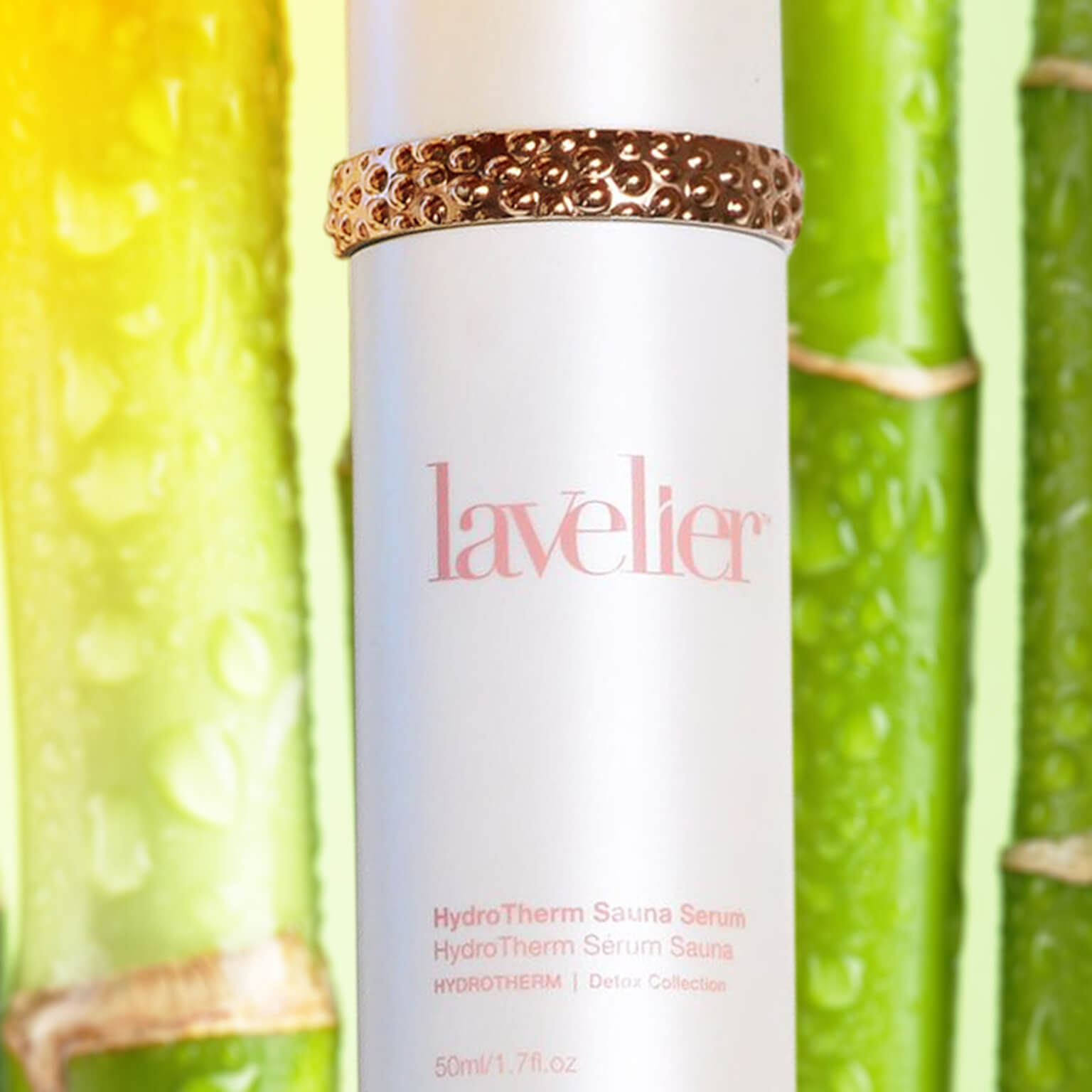
Although the dead skin cells and sebum cleared away by exfoliation need to be removed, this means that you’re also taking away part of the barrier that helps to prevent moisture loss. Without this layer in place, moisture will evaporate out of your skin at a much faster rate, resulting in dehydration. This happens mere seconds after you’re done exfoliating. As soon as your skin starts to feel dry to the touch, then moisture loss is occurring. This makes it vital to follow up with the rest of your skincare routine as soon as you’ve finished exfoliating.
Which products should you be using after exfoliation?
Start by giving your skin a moisture boost with a hydrating serum. The Lavelier HydroTherm Sauna Serum, for example, is brimming with sodium hyaluronate, peptides, collagen, glycerin, and seaweed extract, all of which will bind moisture to your skin to leave it looking radiant.
Then, follow up with a moisturizer to lock this hydration into your skin. The Lavelier Marine Evening Repair Cream will form a seal over your skin’s surface. This not only pushes moisture into the skin but also keeps the skin feeling protected against environmental damage.
Be Diligent About Sun Protection
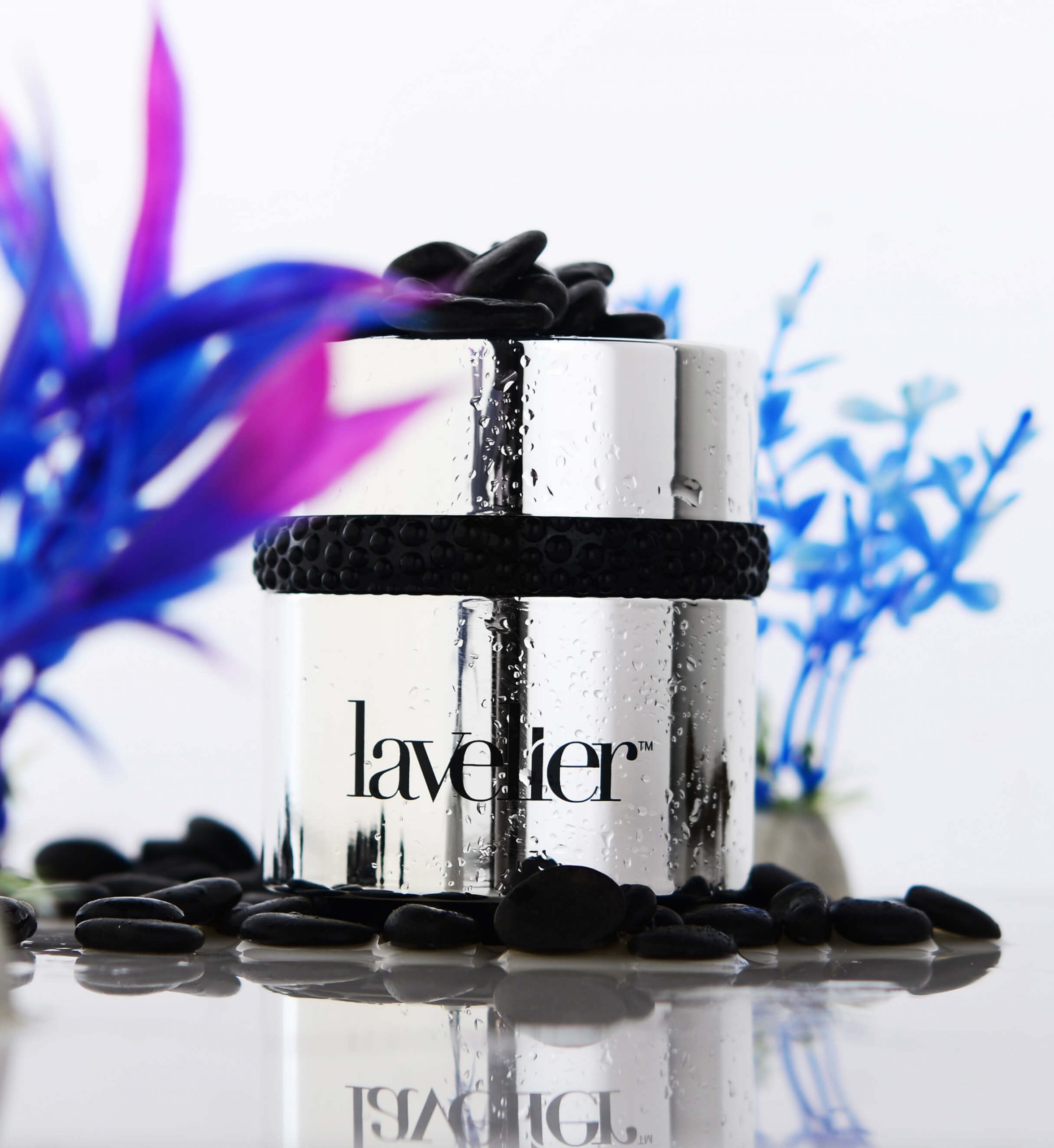
When an exfoliant removes the dead skin cells that are coating the skin’s surface, the fresher and younger cells that are sitting beneath become the new surface layer. Since these skin cells have literally not seen the light of day before, they’ll be more sensitive to the sun than older skin cells. They won’t be able to shield themselves from UV rays quite as effectively, making you more prone to sun damage, which will only exacerbate the symptoms of over-exfoliation.
While it’s important to wear SPF every day, year-round, this becomes even more essential if you’ve recently exfoliated. Keep your skin constantly protected with an SPF 30 sunscreen at all times.
If you don’t yet have a go-to sunscreen, the Lavelier Divine Day Defense SPF 30 would be a great choice. Not only does it provide sun protection, but it will also deeply moisturize your skin while treating it to an array of antioxidants.
What Should You Do If Your Skin is Currently Over-Exfoliated?
You now know how to prevent over-exfoliation, but here are some steps to take if you’re currently dealing with over-exfoliated skin:
Stop Exfoliating For a While
First off, stop exfoliating. Your skin barrier will be experiencing some serious damage from your previous exfoliation efforts, so it now needs time to recover.
You’ll need to give your skin a break from exfoliation for at least a few weeks. In severe cases of over-exfoliation, you may need to wait for a couple of months.
Either way, once your skin has returned to its baseline texture, meaning the state that it was in before over-exfoliation took its toll, you can gradually start to introduce exfoliation back into your skincare routine.
Use a Gentle Cleanser
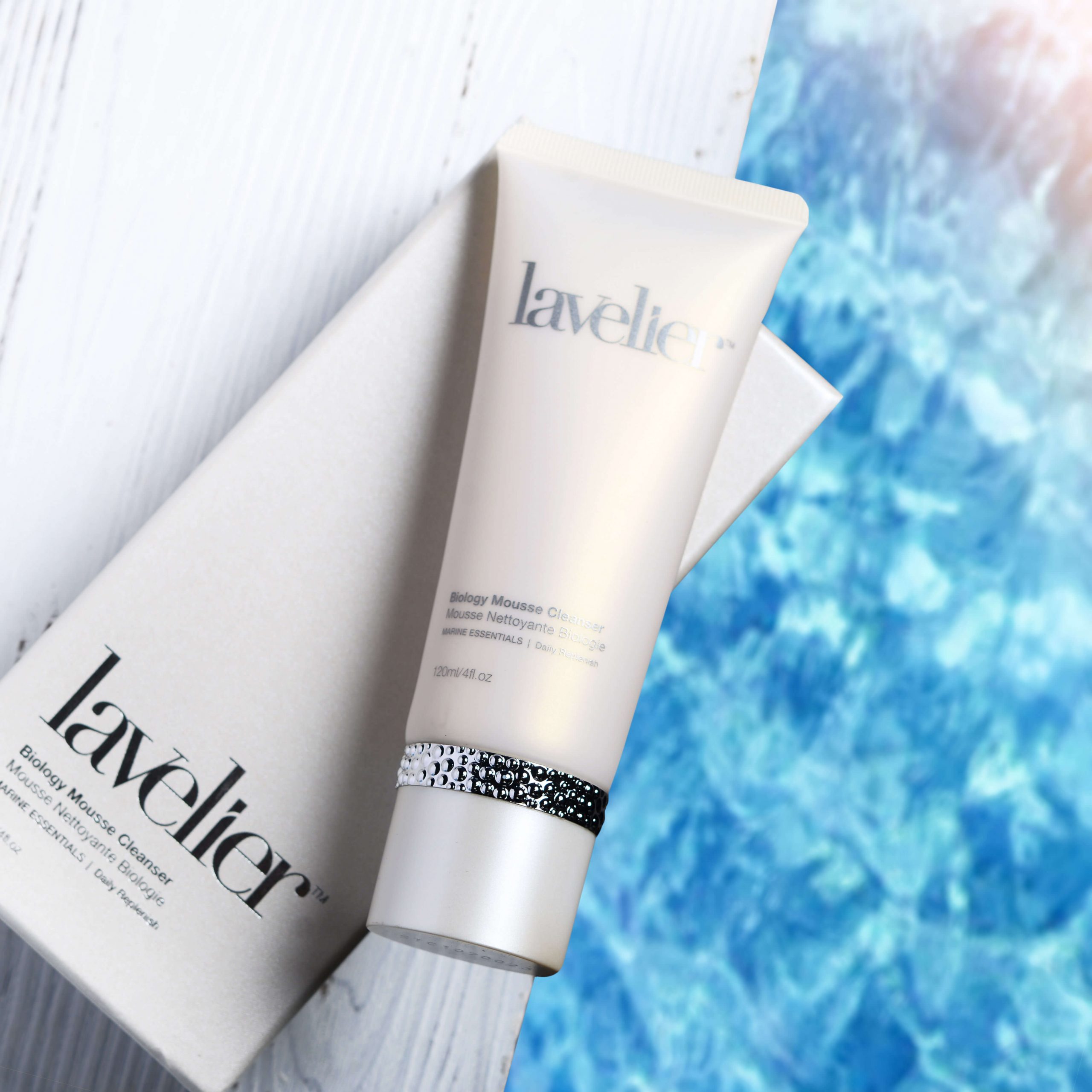
Since you aren’t going to be exfoliating for a while, cleansing becomes even more important. If you don’t cleanse, then impurities will end up in your pores, and you won’t be able to exfoliate these away.
However, with your skin barrier already suffering, you don’t want to make things worse with a harsh cleanser. Instead, you need a gentle solution that will moisturize and condition your skin while it cleanses, just like the Lavelier Biology Mousse Cleanser. It mixes mild, coconut-derived surfactants with botanical extracts and plant oils. It will cleanse your skin while giving your overall complexion a boost!
Soothe the Feeling of Irritation
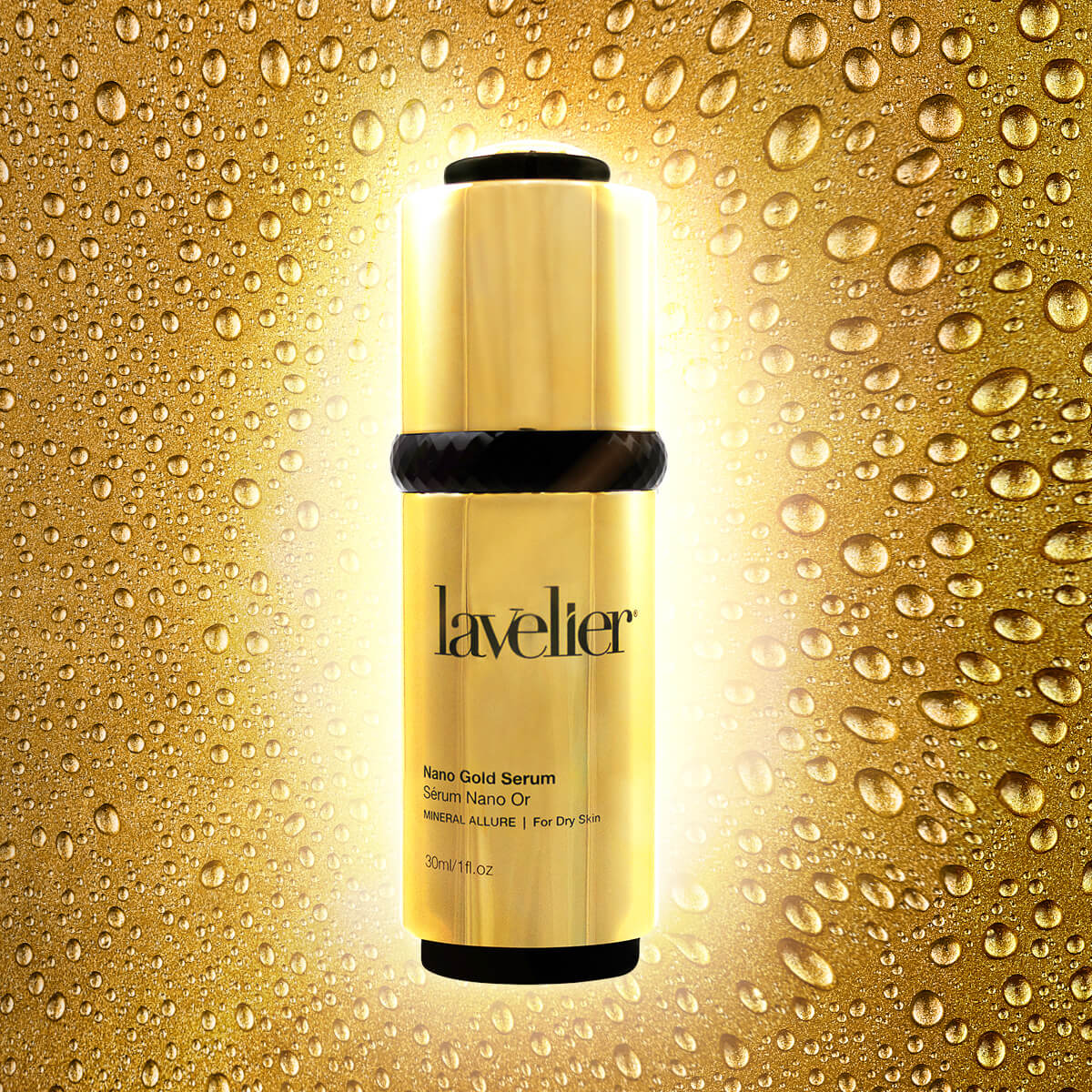
Since over-exfoliated skin easily feels irritated and sensitive, look for skincare products that can counter this.
Certain ingredients are fantastic for soothing the complexion, and you’ll find several of them in the Lavelier Nano Gold Serum. With calendula, chamomile, aloe vera, and seaweed extract, this serum will leave your skin feeling calm and rebalanced.
Ensure That Your Skin Barrier Feels Fortified
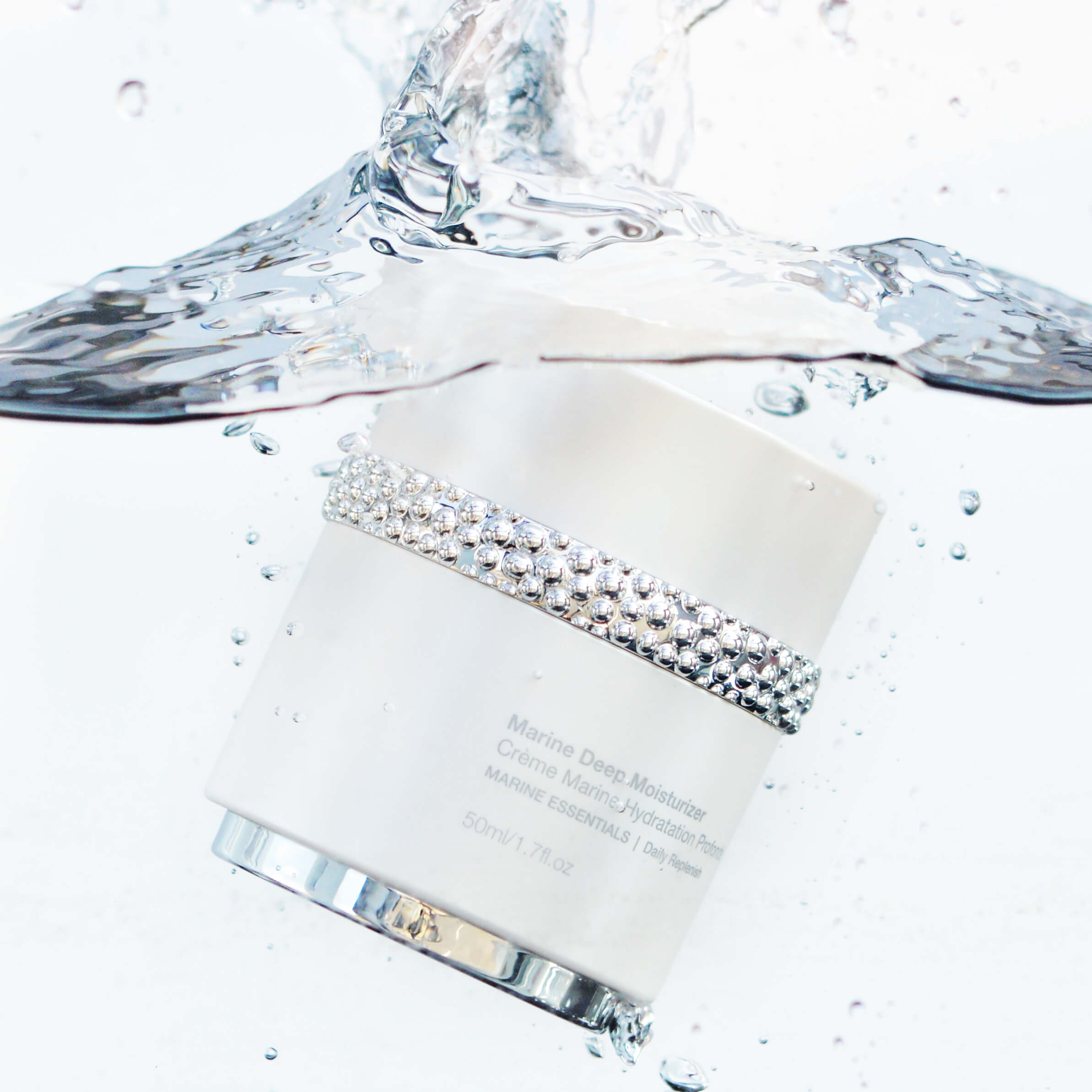
With over-exfoliation damaging the skin’s protective barrier, it’s up to you to put things right.
One of the best ways to fortify the feel of your skin barrier is by keeping it moisturized. A moisturizer will form its own barrier over the skin’s surface, making up for the gaps in yours.
Look for a moisturizer that contains a blend of fatty acids. These compounds will leave your skin barrier feeling stronger and better replenished. They can be found in high concentrations in plant oils and butters, with the Lavelier Marine Deep Moisturizer being a great source of them.
Summary
Over-exfoliation may be one of the most common skincare mistakes that people make but, once you’ve pinpointed this as the cause of your skin problems, you’re likely to be much more careful about exfoliation in the future. Give your skin some time to heal before venturing into the world of exfoliation once again. Exfoliation really can be transformational for the complexion, but only if it’s done correctly!
Click here to shop for more bestselling skincare products from Lavelier.




0 comments on “The #1 Mistake You’re Making in Your Skincare Routine”